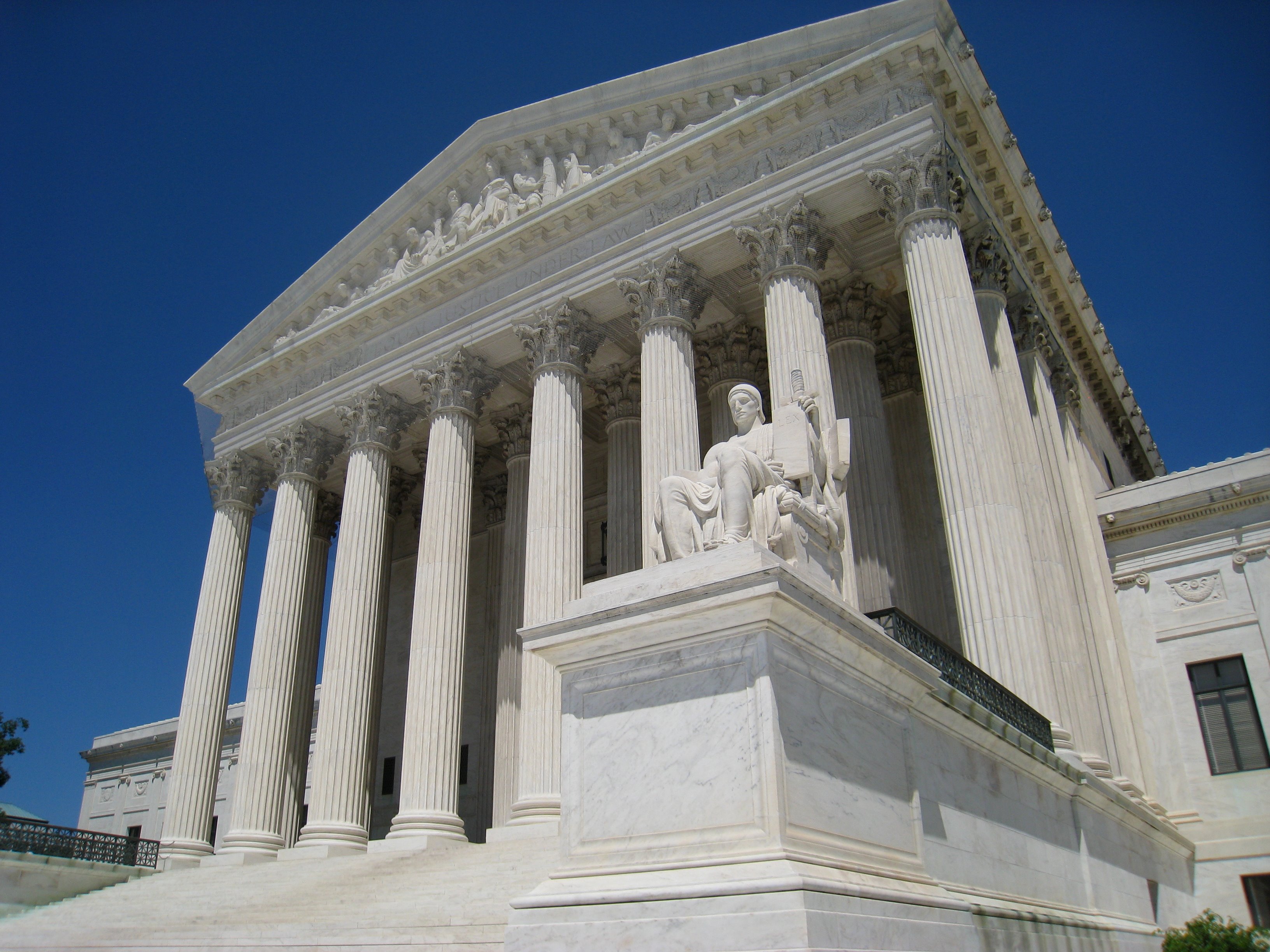West Virginia v. B.P.J.
Case Snapshot
West Virginia passed the Save Women’s Sports Act to ensure girls’ athletic teams remain based on biological sex—preserving fairness, safety, and equal opportunity for female athletes. A federal appeals court blocked the law from taking effect after a court challenge brought by the ACLU and Lambda Legal. West Virginia is now at the Supreme Court defending its ability to maintain sex-based teams in public schools.
Status
Share this Case

Case Summary
Protecting fairness in girls’ sports
West Virginia’s Save Women’s Sports Act requires public schools to separate sports teams by biological sex, preserving equal athletic opportunities for female athletes. Before the law took effect, the ACLU and Lambda Legal sued on behalf of a male student who identifies as transgender and sought to compete on a girls’ team. The case centers on Title IX, a federal law guaranteeing equal opportunity for women in education. The ACLU and Lambda Legal are trying to twist the law’s meaning by arguing that it requires girls’ teams to admit male athletes who identify as transgender, even though Title IX says nothing about gender identity. After the Fourth Circuit blocked the law from taking effect, West Virginia is now defending the Save Women’s Sports Act at the Supreme Court.
The ripple effects of redefining sex
This case isn’t just about school sports. Because Title IX is incorporated into other federal laws—including the Affordable Care Act—a redefinition of “sex” in Title IX to shoehorn gender identity would cascade far beyond the playing field. It would trigger lawsuits against religious schools, healthcare providers, and other religious institutions nationwide.
That’s exactly what followed the Supreme Court’s 2020 decision in Bostock v. Clayton County, which reinterpreted the word “sex” in Title VII (a federal employment law) to include gender identity and sexual orientation. Although the Court suggested that religious employers would be safeguarded by existing laws protecting religious liberty, Becket warned that the decision would lead to costly proxy wars against faith-based institutions that hold traditional beliefs about sexuality. That warning quickly proved correct. Federal agencies and individuals used Bostock to sue religious employers for operating in accordance with their faith.
Becket asks Court to safeguard the freedom of the faithful
On September 19, 2025, Becket filed a friend-of-the-court brief urging the Court not to repeat what happened with Bostock. The brief explains that because Bostock did not provide robust protections for religious freedom, religious schools were sued for following their beliefs about sex and identity, and federal agencies continued efforts to pressure religious healthcare providers to perform gender-transition procedures in violation of their faith and best medical judgment.
By interpreting Title IX as written, the Court can prevent another wave of regulatory coercion and years of lawsuits against religious groups for simply living out their faith. Religious schools and healthcare providers should not be forced into years of litigation for staying true to their beliefs.
Importance to religious liberty:
- Religious communities: The First Amendment upholds special regard for the authority of religious institutions to govern themselves and ensure their distinctive religious ways of life, whether they be in fashion or not with state regulators.